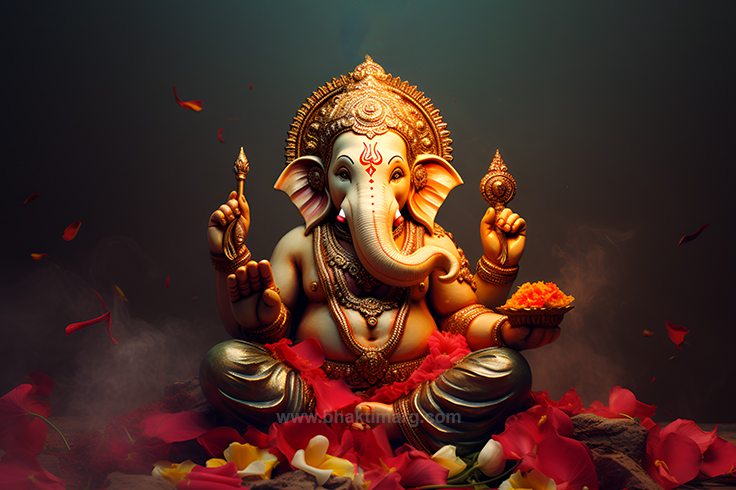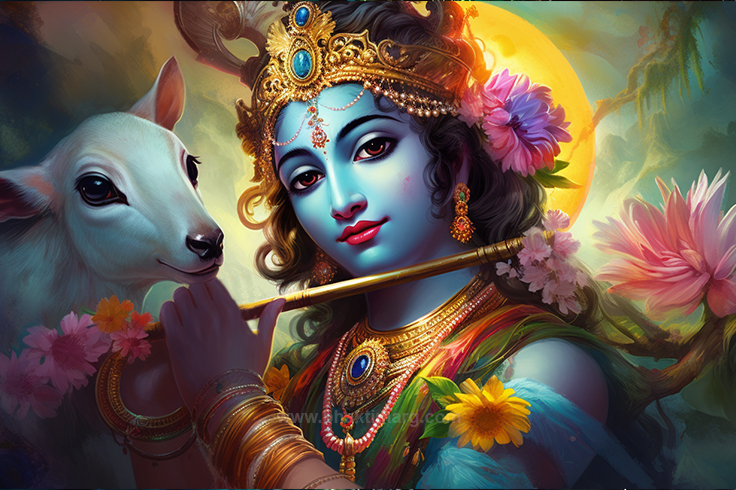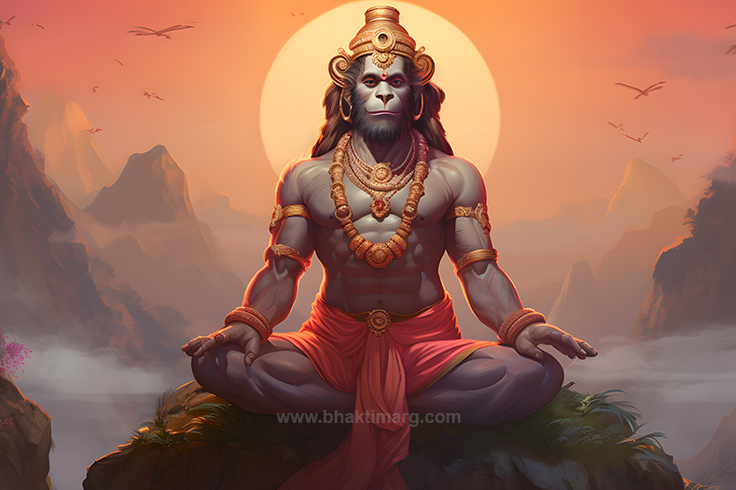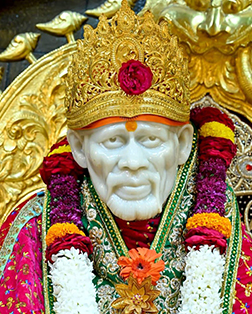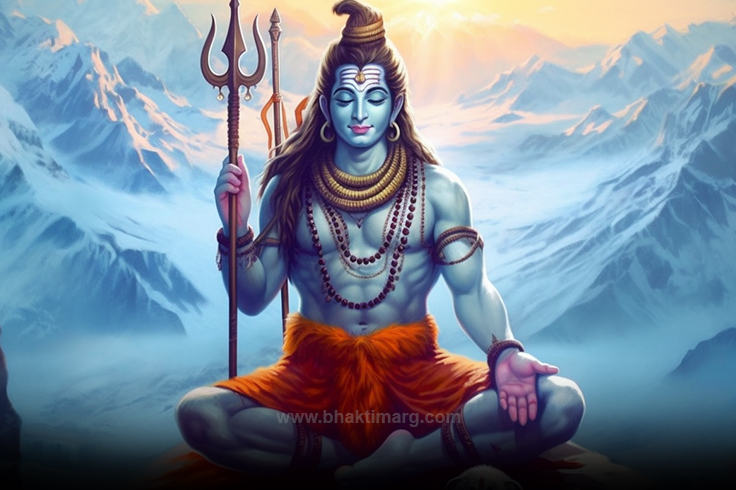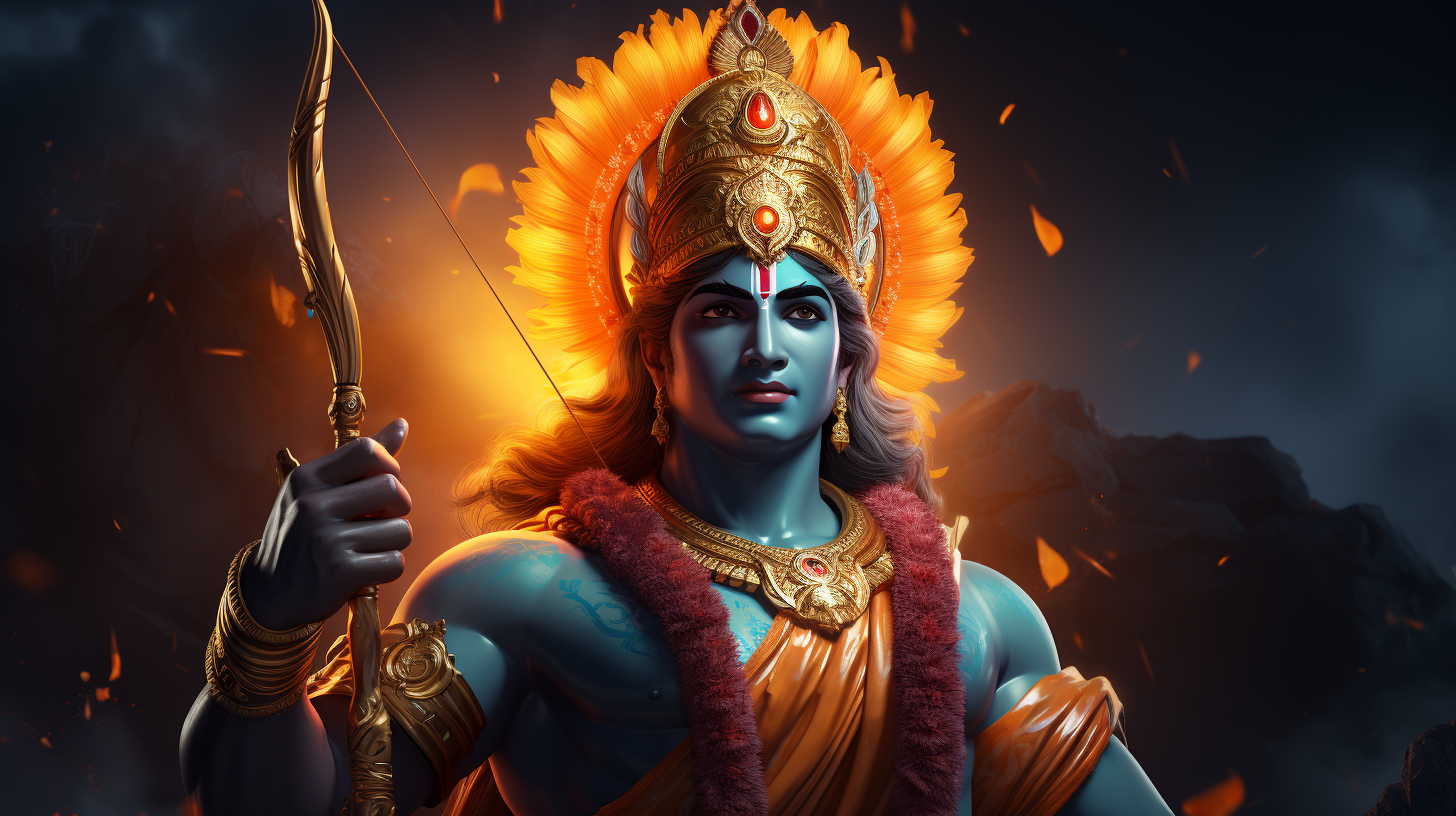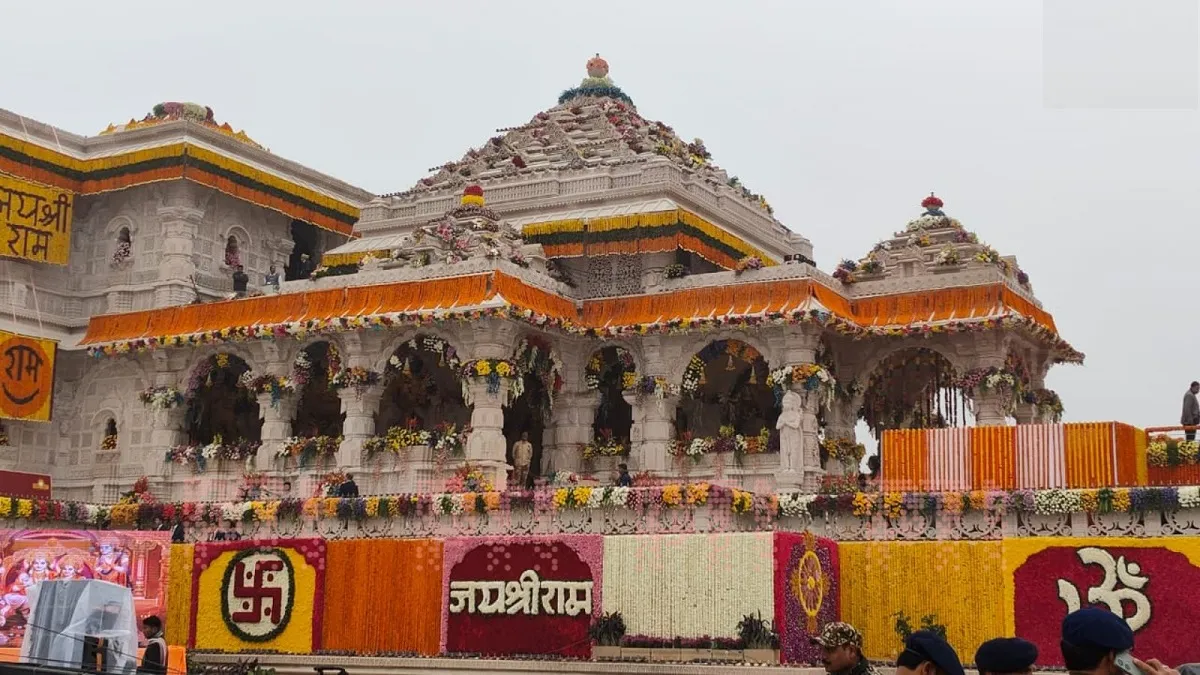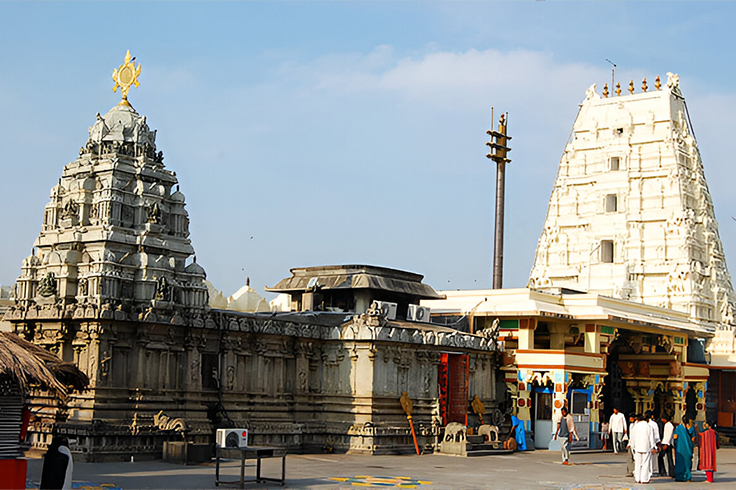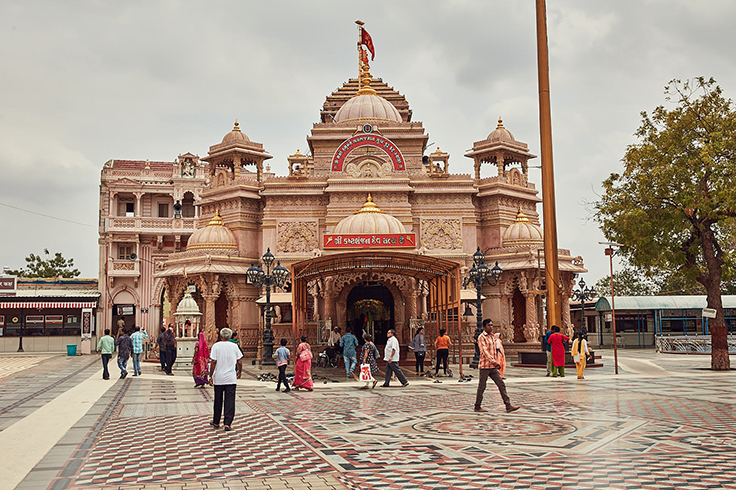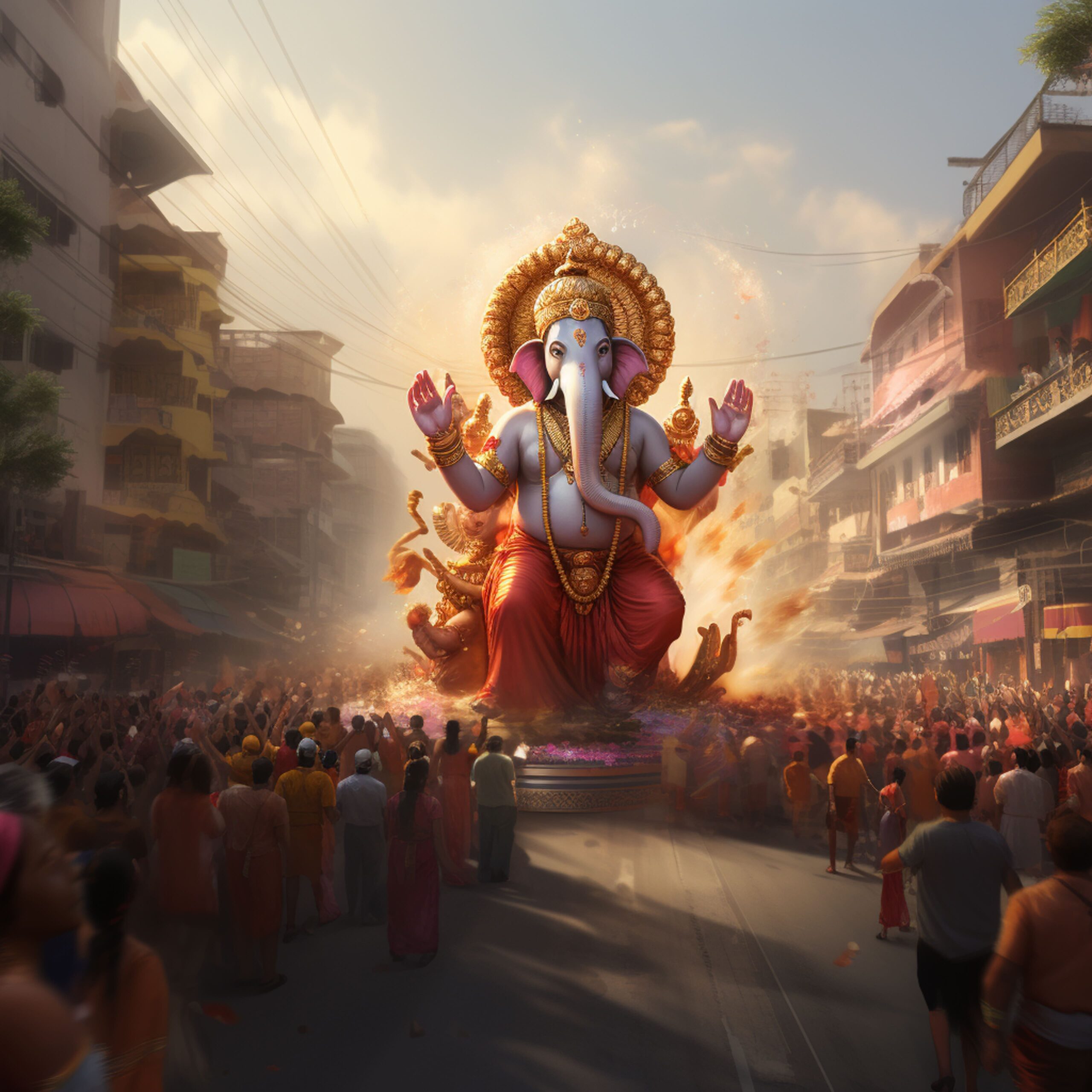Chalo Bulawa Aaya Hai Mata Ne Bulaya Hai Lyrics In English
Mata jinko yad kare woh log nirale hote hai
Mata jinka nam pukare kismatwale hote hai
Chalo bulawa aaya hai mata ne bulaya hai – (2)
Chalo bulawa aaya hain -2 mata ne bulaya hain, jai mata dee
Chalo bulawa aaya hain mata ne bulaya hain
Ho unnchhe parvat pe rani ma ne darbar lagaya hai
Chalo bulawa aaya hain, mata ne bulaya hain, jai mata dee
Chalo bulawa aaya hain mata ne bulaya hain
Sare jag me ek thikana sare gham ke maro kaa – (2)
Ho.., (rasta dekh rahi hai mata apani aankh ke taro kaa -2)
Ho.., mast hawao kaa ek jhonka yeh sandesa laya hai
Chalo bulawa aaya hain, mata ne bulaya hain
(Jai mata dee…. -3 kehte jao) – (2)
Jai mata dee -2 kehte jao aane janey walo ko
Chalte jao tum mat dekho apne pao ke chhalo ko – (2)
Ho…, jisne jitna dard saha hai utna chain bhi paya hai
Chalo bulawa aaya hai mata ne bulaya hai, jai mata dee
Vaishno devi ke mandir me -2, log muraden pate hai
Woh rote rote aate hain, hanste hanste jate hain – (2)
Ho.., mai bhi mang ke dekhu, jisne jo manga woh paya hain
Chalo bulawa aaya hai, mata ne bulaya hai, jai mata dee
Mai bhi toh ek ma hu mata, ma hee ma ko pehchane – (2)
Bete kaa dukh kya hota hai aur koyi yeh kya janey
Ho, usaka khu mai dekhu kaise jisko dudh pilaya hain
Ho chalo bulawa aaya hai mata ne bulaya hai – (2)
Chalo bulawa aaya hai, mata ne bulaya hai – (5)
Toh prem se bolo, jai mata dee
Sare bolo, jai mata dee, jai mata dee, jai mata dee…
Vaishno rani, jai mata dee
Ham pe kalyani, jai mata dee
Ma bholi bhali, jai mata dee
Ma shero wali, jai mata dee
Jholi bhar deti, jai mata dee
Samkat har leti, jai mata dee, jai mata dee…..
“Chalo Bulawa Aaya Hai, Mata Ne Bulaya Hai” is one of the most beloved devotional chants dedicated to Maa Vaishno Devi. This bhajan is widely played during Navratri, Vaishno Devi yatra, temple celebrations, and daily worship. The chant inspires devotion, positivity, and a deep spiritual connection with the Divine Mother.
Meaning of the Phrase
Chalo Bulawa Aaya Hai, Mata Ne Bulaya Hai translates to:
“Come, the divine call has arrived; the Mother Goddess is calling us.”
It symbolizes:
- A spiritual invitation from Maa Vaishno Devi
- A reminder to surrender worries and walk towards divine grace
- An emotional call encouraging devotees to seek blessings
Lyrics Meaning (Overall Summary)
While the full lyrics are copyrighted, here is the overall meaning of the bhajan:
- The Goddess is calling her devotees with love and compassion.
- She removes pain, obstacles, and negativity from the lives of her children.
- Devotees are encouraged to leave behind worldly stress and join the sacred journey to her abode.
- The song expresses gratitude, faith, surrender, and the joy of receiving Maa’s blessings.
The bhajan beautifully captures the emotions of millions who undertake the Vaishno Devi Yatra.
Spiritual Significance
Symbol of Divine Invitation
The line conveys the belief that a devotee can visit the Goddess only when she herself sends a divine “bulawa” (call).
Encourages Surrender & Faith
The bhajan reminds devotees to trust Maa completely and let go of fear and uncertainty.
Connects the Mind With Devotion
Its soothing melody and devotional message help the mind turn inward and connect with divine energy.
Associated with the Vaishno Devi Yatra
Pilgrims chant this frequently during the holy trek from Katra to Bhawan, making the journey feel blessed and guided.
Benefits of Listening or Singing the Bhajan
Mental Peace and Positivity
The chant calms the mind, reduces stress, and instills optimism.
Enhances Devotional Connection
Regular chanting deepens devotion to Maa Durga/Vaishno Devi and builds spiritual discipline.
Removes Negative Energy
Many devotees believe the bhajan protects against difficulties, negativity, and emotional burdens.
Boosts Motivation and Inner Strength
The song is uplifting and helps restore confidence, courage, and hope.
Helps During Meditation or Navratri Pooja
Its rhythm is ideal for:
- Daily aarti
- Navratri rituals
- Temple chanting
- Mantra meditation
When to Listen to This Bhajan
- During Navratri
- Before starting a journey
- During Vaishno Devi Yatra
- At the beginning of your day for positivity
- During meditation or evening aarti
“Chalo Bulawa Aaya Hai, Mata Ne Bulaya Hai” is more than just a bhajan—it is a powerful devotional call that holds deep meaning on the Bhakti Marg, the path of love, surrender, and devotion. It symbolizes the divine invitation of Maa Vaishno Devi, urging devotees to walk toward her with faith and an open heart. This chant inspires peace, positivity, and spiritual strength, helping devotees deepen their connection with the Divine Mother. Listening to this bhajan uplifts the mind, strengthens belief, and brings a sense of grace and blessings into one’s life.



